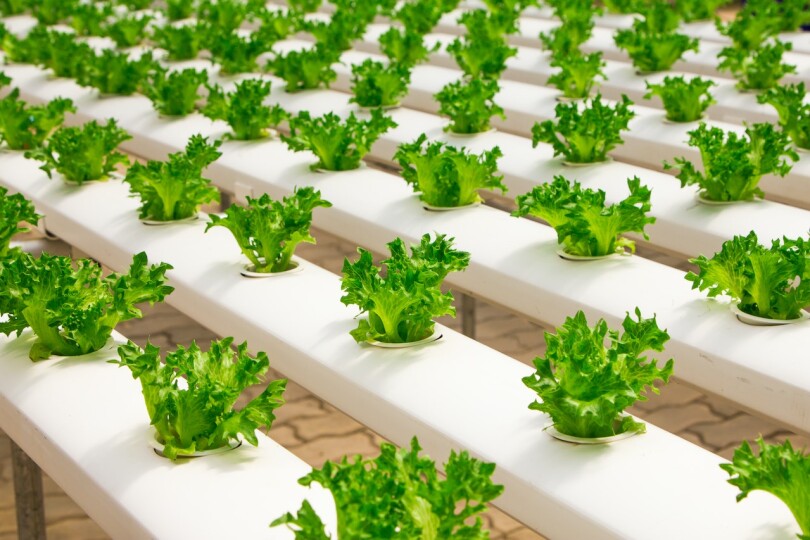Why Is the Gulf Attracting Climate Tech Businesses?
28 Jun 24
Enviro ChatThe Global News Source for the World of Science and Chemicals
05 May 2023
Enviro Chat
By 2050, the global population is expected to reach 9.5 billion, precipitating a need for 70% more food than is currently produced. Modernising farming methods to optimise yields will be crucial to meet that heightened demand, with technology set to play a huge part in the coming changes.
The situation is one being experienced across the globe, but it’s nowhere more keenly felt than in Middle Eastern countries such as the UAE, where an arid landscape and an inhospitable climate present unique challenges in food cultivation. However, the Emirati government is bullish about its plans to bolster domestic food production and make the country self-sufficient in the years and decades ahead.
At the time of writing, there are currently some 38,000 farms in the UAE according to statistics compiled by the Ministry of Climate Change and Environment (MOCCAE). Cumulatively, these farms produce around 156,000 tonnes of fresh vegetables each year, as well as 200,000 tonnes of fruit and 500 tonnes of field crops and feed. That’s enough to satisfy roughly 20% of domestic demand, with the remaining 80% imported from abroad.
However, the government has set its sights high. Through its National Dialogue for Food Security campaign, it is hoping to encourage major Emirati suppliers to increase their purchase of fresh domestic produce by 50% by the end of 2023, by 70% by the end of 2025 and by 100% by the end of the decade.
Growing tomatoes in the stifling heat of the Emirati desert might not seem like the most feasible project – but it’s one which has borne significant fruit (excuse the pun) thanks to the wonders of modern farming methods. By using expansive temperature-controlled domes and tunnels, producers are able to achieve climates of between 14°C and 32°C, which is ideal for cultivating tomatoes, berries and leafy greens.
Best of all, growing produce in this manner requires just a fraction (one thirtieth) of the amount of water it would do through traditional farming methods. “This shows what can be done,” explained Sky Kurtz, CEO of one of the smart farms leading the charge. “There is potential to localise sourcing for many of the UAE's food needs and to do so in a way that is sustainable, economic and environmentally sound.”
Meanwhile, the UAE is also targeting fishing as a key sector in need of support. On average, Emiratis consume around 30kg of fresh fish each year, which is one of the highest rates among Gulf Cooperation Council members. Indeed, fish were identified as a “strategic food item” in the 2018 Food Security Strategy.
In order to achieve its goal of raising domestic production of fish, the country has seen widespread adoption of land farming of salmon. The practice uses gigantic land-based tanks which replicate the same conditions as the fish’s natural habitat. As the farmed salmon grow, they are eventually transferred to seawater, thus creating an efficient and sustainable method of food production.
DOWNLOAD PDF

2 Day Seminar Program
@ ArabLab+ 2024
24 & 25 September 2024
Your stay in Dubai
Labkit
Product News
Chemkit
Product News
Thinking about exhibiting at ARABLAB 2024? Watch our video to find out more.
Join the world’s leading organisations…
Join our mailing list and receive the ARABLAB newsletter and event updates.